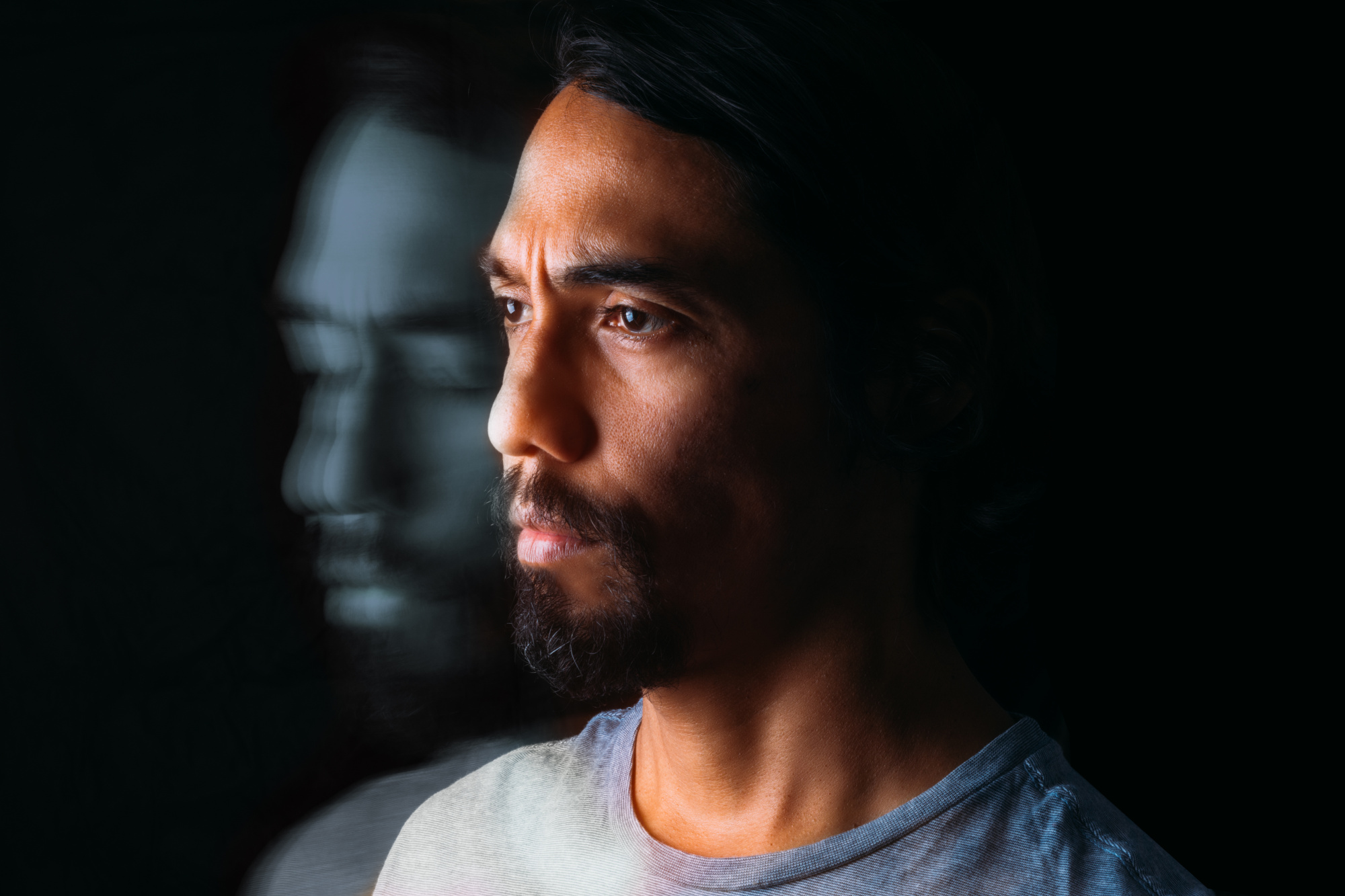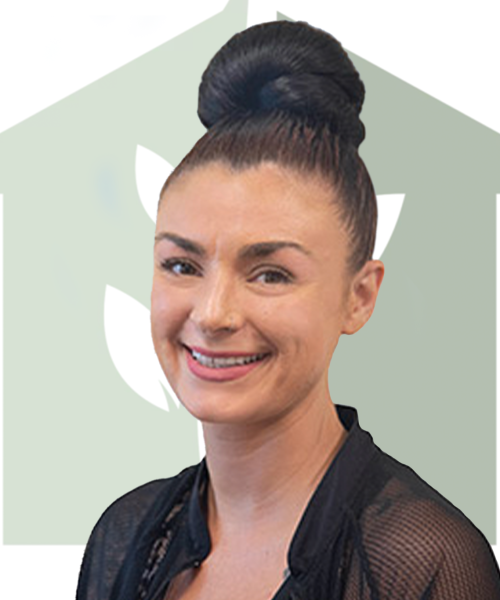Many people living with schizophrenia quietly struggle with something that doesn’t get talked about enough—insomnia. Sleep problems can make symptoms like hallucinations, delusions, disorganized thinking, and emotional challenges even harder to manage. And when sleep suffers, so does daily life. In this article, we’ll explore how schizophrenia and insomnia are connected, how one can impact the other, and what can be done to find relief.

Why Schizophrenia and Insomnia Often Occur Together
Schizophrenia can make it difficult for people to maintain regular sleep patterns. This can be due to several factors, including the symptoms of schizophrenia itself or the effects of certain medications. Hallucinations and paranoia can keep someone awake at night. Fear, anxiety, or racing thoughts can prevent the mind from calming down. Even when sleep does occur, it may not feel restful. Over time, poor sleep can increase confusion, worsen mood, and lead to even more distress. Some individuals may struggle to fall asleep, while others may wake up frequently during the night. Sleep cycles can become irregular or completely disrupted.
The Impact of Antipsychotic Medications on Sleep and Insomnia
Many people with schizophrenia are prescribed antipsychotic medications to manage their symptoms. These medications help reduce hallucinations and delusions but can also influence sleep. Some antipsychotics are sedating and can cause drowsiness, while others may lead to restlessness or even insomnia.
The side effects of these medications vary from person to person. For some, medications help them fall asleep more easily. For others, they may disrupt the body’s natural sleep rhythm or cause fatigue during the day and alertness at night.
How Insomnia Worsens Schizophrenia Symptoms
Insomnia can be especially harmful for people already managing a condition like schizophrenia. Lack of sleep can cause irritability, increase stress levels, and make it harder to concentrate. Over time, this can lead to worsening symptoms or even trigger a relapse.
This insomnia schizophrenia combo may also make it more difficult for people to stick to their treatment plans. When someone is tired all the time, they might skip appointments or forget to take their medication. This can result in setbacks in their recovery or increase the need for hospitalization.

Habits and Environment That Fuel Schizophrenia and Insomnia
Daily habits and routines can also affect sleep. People with schizophrenia might struggle with maintaining a healthy sleep schedule. Irregular meal times, poor nutrition, lack of physical activity, or using alcohol or other substances can all make it harder to fall asleep and stay asleep.
Living in a stressful or noisy environment may also impact rest. Some individuals may experience social isolation, which can make it harder to develop calming bedtime routines or maintain stability.
Practical Strategies to Manage Schizophrenia and Insomnia
While managing both insomnia and schizophrenia can be challenging, there are steps that can help improve sleep quality. Creating a consistent bedtime routine is a good place to start. Going to bed and waking up at the same time every day, avoiding screens before bed, and limiting caffeine or sugar intake at night can make a big difference.
Cognitive behavioral therapy for insomnia (CBT-I) is another helpful approach. It focuses on changing unhelpful thoughts and behaviors around sleep. In some cases, doctors may adjust medications or suggest other treatments that are less likely to interfere with rest.
Getting support from a mental health team is essential. They can help develop a treatment plan that addresses both schizophrenia and sleep concerns. Sometimes, simple changes in routine or environment can lead to big improvements in rest and overall well-being.
When to Talk to a Professional
If sleep problems persist for more than a few weeks or seem to be getting worse, it’s important to speak with a healthcare provider. Insomnia that interferes with daily functioning or worsens mental health symptoms should not be ignored. A mental health professional can offer tools and strategies to help manage both conditions effectively.

Finding the Right Support for Schizophrenia

Living with schizophrenia is already challenging, and adding sleep problems can make things feel even harder. But help is available. With the right care and support, people can find relief from insomnia and improve their mental health.
At Experience Structured Living in the San Diego area, our group homes for schizophrenia provide a structured, supportive environment to help individuals manage complex mental health needs, including challenges with sleep. If you or someone you love is struggling, you don’t have to go through it alone. Reach out to us for a free, confidential conversation about how Experience Structured Living can help you bridge the gap between barely functioning and more independence.
FAQs About Schizophrenia and Insomnia
Can schizophrenia cause nightmares or vivid dreams?
Yes, people with schizophrenia may experience intense or vivid dreams, including nightmares. These can be related to symptoms like anxiety or delusions and may be worsened by certain medications. Poor sleep quality can make these dreams feel more disturbing or memorable.
Is insomnia a warning sign of schizophrenia?
While insomnia alone is not enough to diagnose schizophrenia, ongoing sleep disturbances can sometimes appear in the early stages of the illness. Trouble sleeping, combined with other changes in behavior or thinking, could be a sign that further evaluation is needed.
Can treating insomnia help reduce schizophrenia symptoms?
Improving sleep can have a positive effect on overall mental health, including symptoms of schizophrenia. While treating insomnia won't cure schizophrenia, better rest may help with emotional regulation, thinking clearly, and managing stress.
Are sleep aids safe for people with schizophrenia?
Some sleep aids may be prescribed, but they should only be used under medical supervision. Certain over-the-counter or prescription sleep medications can interact with antipsychotics or worsen symptoms. It’s important to work with a mental health provider to find safe and effective solutions.
How common is insomnia among people with schizophrenia?
Studies suggest that sleep problems affect a large percentage of people with schizophrenia, sometimes up to 80%. Insomnia is one of the most frequently reported sleep complaints in this group, making it a common concern in treatment planning.

Dr. Melden earned his Doctorate in Osteopathic Medicine at Philadelphia College Osteopathic Medicine and went to USC Presbyterian Hospital for his residency in Family Medicine. He then completed his Psychiatric residency at the University of California, Irvine and went to UCSD Geropsychiatry pursuing a fellowship. Dr. Melden has over 14 years of experience as a clinician specializing in treating child and adolescent, adult and geriatric clients. He has devoted his life to psychiatry in a variety of different treatment settings including in- patient and out-patient environments. He specializes in the psychiatric evaluation, complementary therapy approaches, and medical management of individuals suffering from mental illness. Currently, he maintains a private practice with Crownview Medical Group in Coronado and Carlsbad, California where he is CEO/President.





